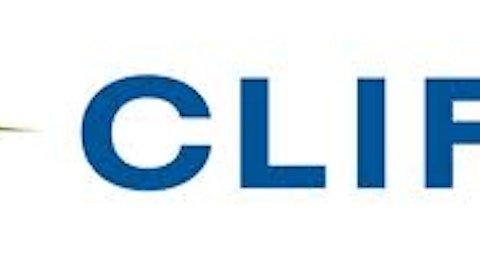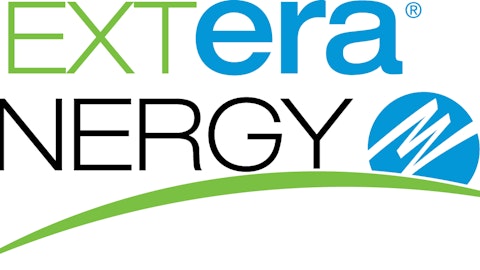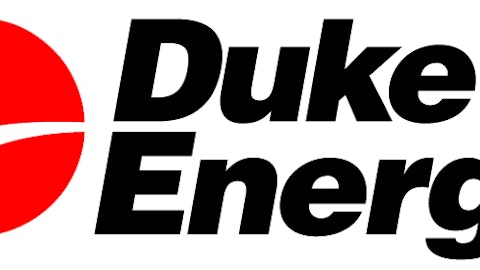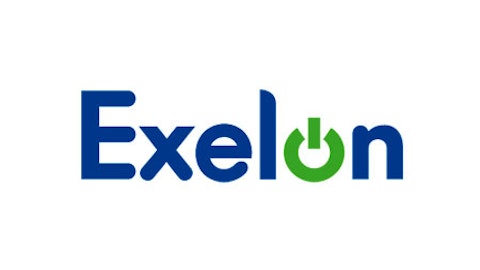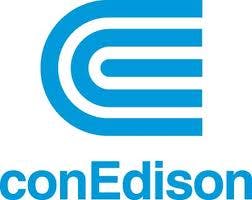
Respected Company = Poor Investment?
It seems that every report I read about utilities uses the same terminology. Analysts describe utility investments with words like prudent, safe, low-risk, and stable. There is also a lot of talk about how utilities are going to use alternative energy options like wind, solar, or others to grow their business.
The problem is, utility customers consume power based on what they need. Utilities can’t grow their business if customers aren’t consuming more power. It doesn’t matter if the company provides power via solar, wind, hydroelectric, nuclear, or coal. The ultimate difference between these sources of power is the long-term cost of providing the resource to the customer.
One of the biggest challenges facing utilities is that customers and businesses are getting smarter about their power usage. Businesses are buying more efficient heating and cooling systems, customers are buying appliances that are more efficient, and desktops are being replaced with long-life tablets and smartphones. Long story short, utilities have to hope that population growth outpaces the decline in power usage from these many sources.
Second To The Bottom
When it comes to Consolidated Edison, Inc. (NYSE:ED), compared to their peers, the one thing that was consistent was that the company seemed to always rank second to the bottom. Consolidated Edison’s peers include The Southern Company (NYSE:SO), Duke Energy Corp (NYSE:DUK), and Exelon Corporation (NYSE:EXC).
Each of these utilities trades for a forward P/E ratio in the mid-teens. The cheapest of the bunch is Exelon at about 12.5 times projected earnings, and the most expensive is The Southern Company (NYSE:SO) at about 15.8 times earnings. Relatively speaking, these valuations make sense as Exelon Corporation (NYSE:EXC) has the poorest expected growth rate at a negative 3.4%, and Southern Co is expected to grow the fastest at about 4.8%.
The bad news for Consolidated Edison, Inc. (NYSE:ED) investors is the company’s P/E of 14.9 seems high relative to the company’s 2.27% expected growth rate. To put it another way, Duke Energy Corp (NYSE:DUK) sells for almost the same P/E yet is expected to grow 77% faster at 4.03%. This is the first reason to avoid Consolidated Edison: the stock ranks second to the bottom among peers in terms of expected earnings growth.
The second problem is Consolidated Edison, Inc. (NYSE:ED)’s yield is second from the bottom. Exelon Corporation (NYSE:EXC)currently yields about 4%, and Consolidated Edison yields just 4.35%. Compared to the roughly 4.6% yields available at both Duke Energy Corp (NYSE:DUK) and The Southern Company (NYSE:SO), anything less automatically is an inferior investment.
The third issue with Consolidated Edison is their balance sheet ranks second to the bottom as well. The only company with a weaker debt-to-equity ratio is Southern Co at 1.07, but Consolidated Edison, Inc. (NYSE:ED) isn’t far behind at 0.89. Even after Duke’s merger with Progress, their debt-to-equity is at 0.86, and Exelon Corporation (NYSE:EXC)’s ratio is 0.77.
Maybe It’s Time For A Change?
If you are looking for a safe investment one thing you don’t want to see is a decline in cash flow. This is particularly true when talking about utilities that already pay out a high amount of their cash flow in dividends. Unfortunately, Consolidated Edison ranks dead last by this measure.
In the current quarter, the company’s core operating cash flow (net income + depreciation) declined by 13.65% versus last year. While Exelon Corporation (NYSE:EXC)’s core operating cash flow growth wasn’t great at 4.3%, it at least was positive. Relatively speaking, The Southern Company (NYSE:SO) and Duke’s cash flow growth destroyed their peers at 33.7% and 25.11% respectively.
Over time, Consolidated Edison, Inc. (NYSE:ED) may turn out to be an okay investment, the problem is, there appear to be better opportunities in the same sector. While I would avoid Exelon Corporation (NYSE:EXC) because of their negative growth, lower yield, and troubled finances, I don’t have the same reservations about Duke or The Southern Company (NYSE:SO).
Given the choice between Duke and Southern Co, the numbers speak for themselves. Southern Co has a higher yield, better growth rate, better cash flow growth, and trades for almost the same P/E as Duke. If you own Consolidated Edison, Inc. (NYSE:ED) and have a profit, now might be the time to make a switch to Southern C. as the superior investment.
Chad Henage has no position in any stocks mentioned. The Motley Fool recommends Exelon Corporation (NYSE:EXC) and The Southern Company (NYSE:SO).
The article There Are 4 Reasons to Avoid This Stock originally appeared on Fool.com.
Chad is a member of The Motley Fool Blog Network — entries represent the personal opinion of the blogger and are not formally edited.
Copyright © 1995 – 2013 The Motley Fool, LLC. All rights reserved. The Motley Fool has a disclosure policy.


